Table of Contents
Adult safeguarding – recognising different types of abuse
The safeguarding of our tenants is at the heart of our work – creating safe spaces and homes for our service users. In our recent article, we talked about safeguarding and the measures that Zetetick put in place to protect the vulnerable individuals that we work with.
Safeguarding measures protect vulnerable people from abuse, there are many types of abuse, and some types of abuse can be less obvious to those around us or even to the victim themselves. Abuse is often described as an act that hurts physically, emotionally or causes distress to another individual. An abuser could be someone you know, a friend or family member or it could somebody you have never met before.
The Care Act recognise 10 categories of abuse that may be experienced by adults.
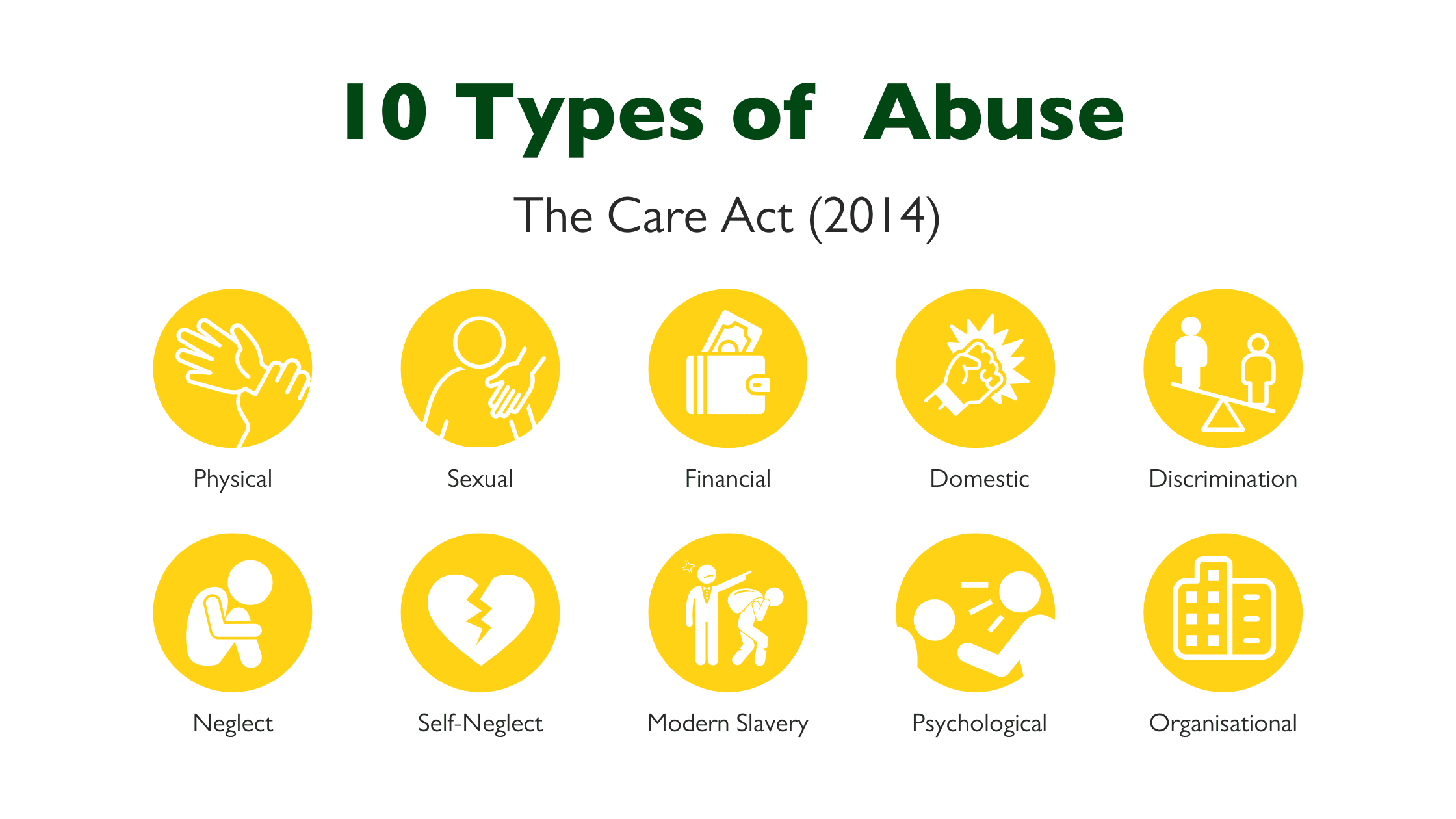
Physical Abuse
Physical abuse is when an abuser physically harms another person, this might be through kicking or hitting them, physical punishments and unlawful or inappropriate restraints. Physical abuse doesn’t always leave a mark. Physical abuse can also be when another person, such as a carer or family member, fails to administer medication as prescribed or withholds medication from a vulnerable individual.
Sexual Abuse
Sexual abuse is inappropriate and unwanted attention or touch by another person. If anyone has sex with you when you do not want to, this is rape. It is still rape if that person is your partner. Sexual abuse can also be being forced to touch someone else inappropriately against yours or their will.
Financial Abuse
Financial abuse can be used against a vulnerable individual to gain power and control in a relationship. Types of financial abuse can include theft (stealing money or belongings), financial fraud and denying a vulnerable individual access to their own finances.
Domestic Abuse
Domestic abuse is abuse from someone that lives within your household. A person committing domestic abuse against an individual may psychologically, physically, sexually, financially or emotionally abusing a vulnerable person within the household.
Discrimination
Discriminatory abuse is the unequal treatment of an individual based on a protected characteristic. Discriminatory abuse can include suffering insulting language, harassment or ill-treatment due to these personal characteristics.
In the UK, behaviour motivated by hatred or prejudice towards an individual because of their actual or perceived disability is recognised by the Police as a Hate Crime. According to disability charity United Response, there were over 11,000 reports of disability hate crimes between April 2021 and March 2022 within England and Wales.
Neglect and acts of omission
Neglect is a form of abuse that includes a number of acts of omission. This could include ignoring someone’s medical or physical care needs, withdrawing the necessities of life (such as medication, adequate nutrition and heating) and ignoring or isolating a person.
Self-neglect
This is where an individual neglects their own personal health, hygiene and care. The severity of the individuals self-neglect threatens their personal health and safety. Self-neglect can be intentional, this is where an individual consciously chooses to engage in self-neglect, for example failing to seek help or access services to meet health and social care needs. However, self-neglect can also be non-intentional, this is when a health-related condition such as depression contributes to an individual’s risk of developing habits of self-neglect.
An individual with a learning disability may experience lapses in concentration and this may make them forget to attend to their personal hygiene or to look after their home, for example letting rubbish and dirt to accumulate.
Self-neglect may lead some individuals towards behaviours such as hoarding where they struggle to part with items. Hoarding can be physically dangerous for the individual as well as having a negative impact on their mental welfare.
Modern slavery
The term modern slavery is often used to describe slavery and human trafficking. Individuals are often forced to carry out various labour or domestic tasks against their will and without pay.
Psychological Abuse
Psychological or emotional abuse includes when an abuser intentionally intimidates, harasses, verbally abuses or threatens another individual. They may prevent an individual from accessing services, education and social opportunities or even prevent them from seeing their friends. People with learning disabilities are also at risk of getting coerced into modern slavery. They could be isolated in their communities. They may be ineligible for support services. Or they may simply get overlooked if they are not viewed as a high-profile concern.
Organisational or Institutional Abuse
Organisational and institutional abuse is where the level of care provided to an individual or a group of people in a care setting, for example a care home, is not provided to a good standard. It could also include the care someone receives in their own home. It may be a one-off incident or repeated incidents over a period of time and is usually defined by poor care practices and neglect.
Help and useful resources

Everyone has a right to live a life free of any kind of abuse. If you think you or someone you know is being abused or neglected, tell someone you trust. This might be a support worker, family member or friend. All of our staff here at Zetetick are safeguarding trained and can support and advise should you have a concern.
Please see here for an easy read guide ‘What is safeguarding?’ created for us by Easy Read Online:
What is safeguarding? – Easy Read
Learn more about adult safeguarding from NHS England here.
The Ann Craft Trust is a leading UK authority on adult safeguarding and safeguarding for young people at risk. Further information about adult safeguarding can be found via the Ann Craft Trust here.
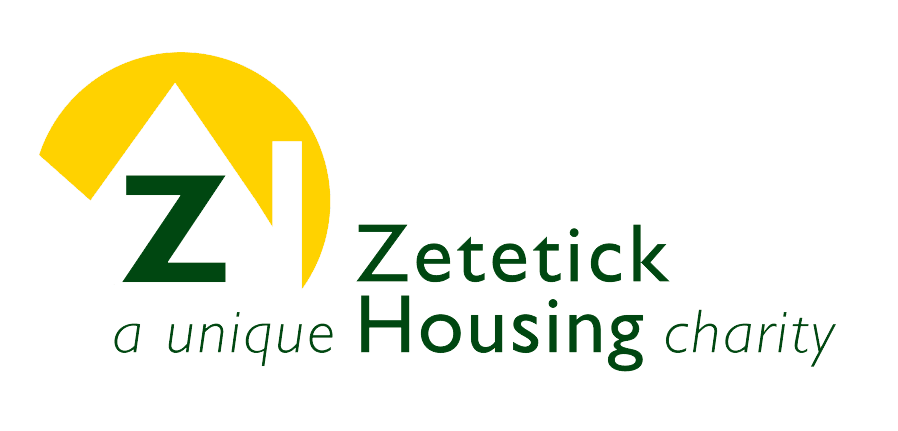


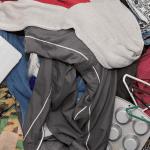

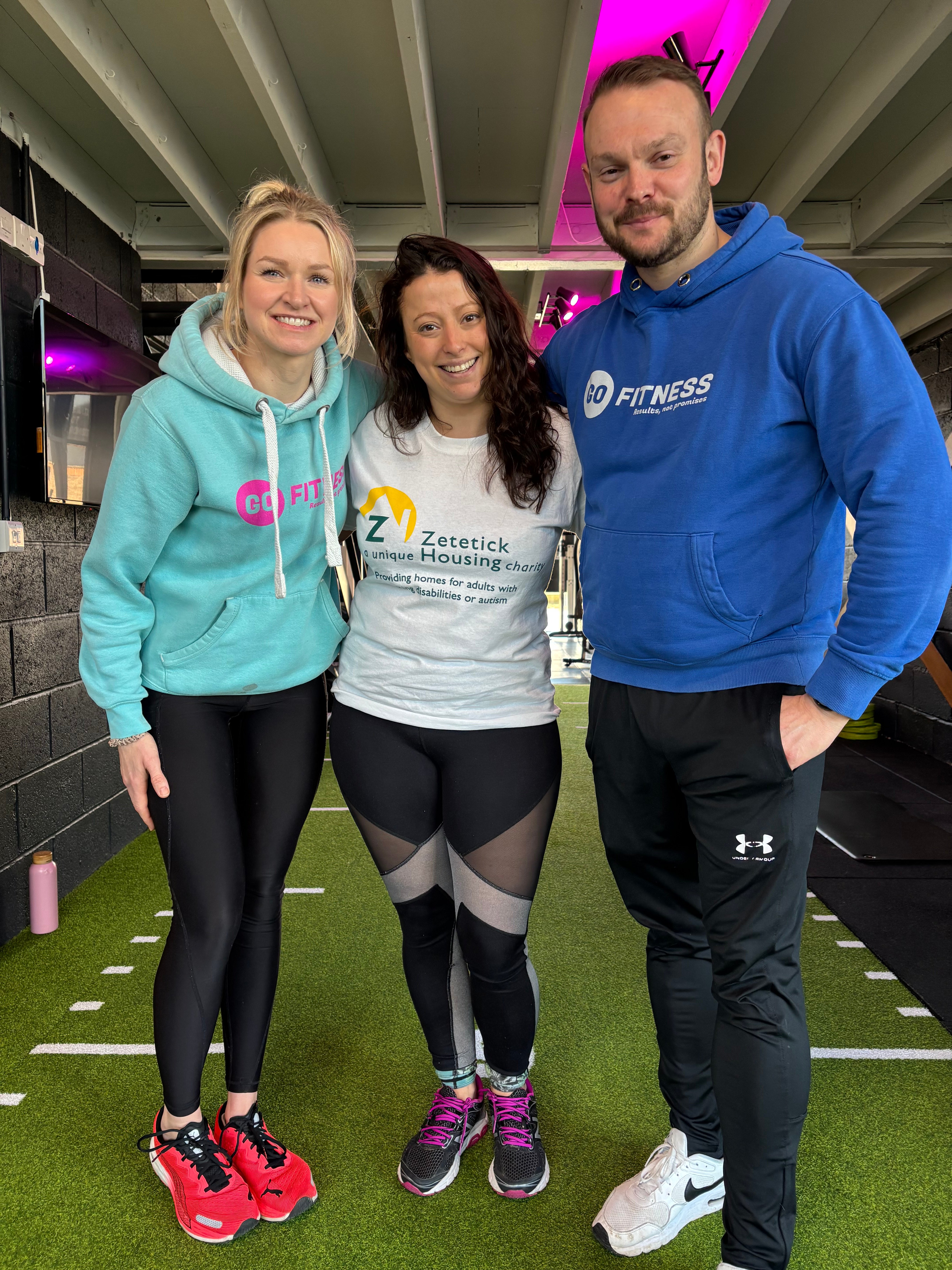 Boost Your Estate Agency: Join Hike4Homes 2025-Show You Care
Boost Your Estate Agency: Join Hike4Homes 2025-Show You Care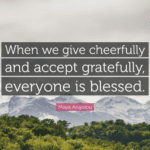 Giving: experience the joy of giving for free
Giving: experience the joy of giving for free Charity Donations | 3 reasons for bountiful giving
Charity Donations | 3 reasons for bountiful giving Life partners - Rosie's story
Life partners - Rosie's story Meet Zetetick trustees - An interview with Natasha
Meet Zetetick trustees - An interview with Natasha